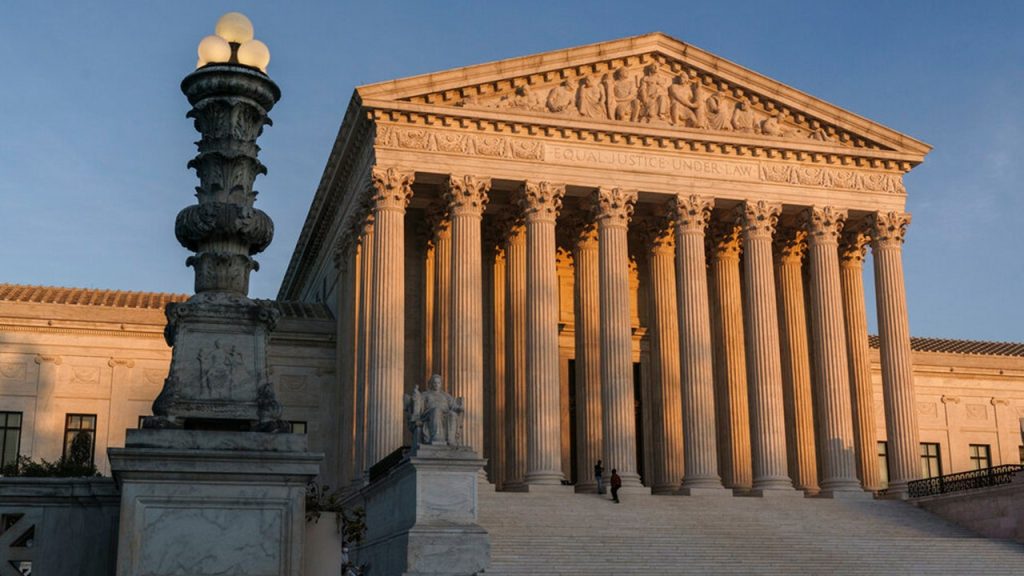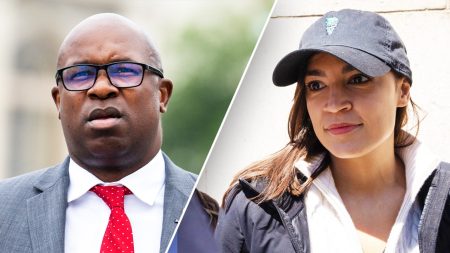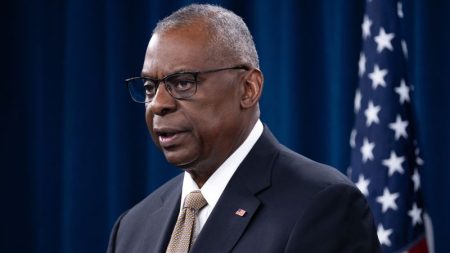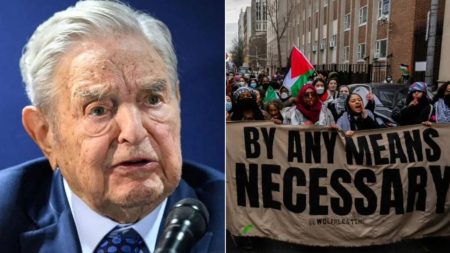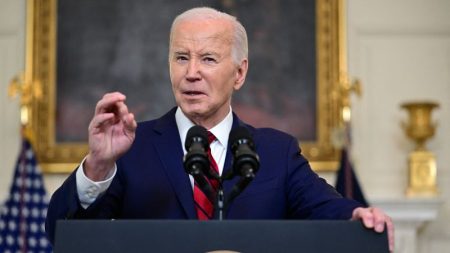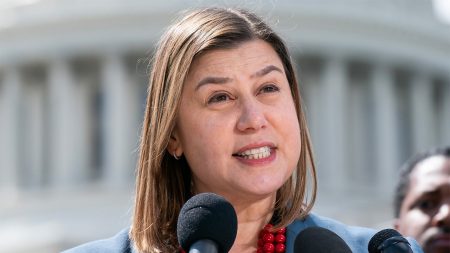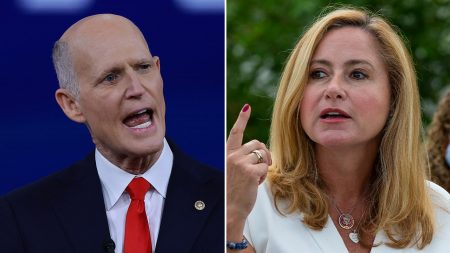The U.S. Supreme Court is set to hear arguments on whether former President Donald Trump has immunity from prosecution in Special Counsel Jack Smith’s election interference case. Trump, who is currently facing a criminal trial in Manhattan, requested to attend the Supreme Court arguments on presidential immunity but was denied. His trial has been put on hold pending a resolution on the issue of presidential immunity, with a ruling expected by late June. Trump’s legal team argues that without immunity, a president’s decisions could be influenced through the threat of future criminal prosecution.
The charges against Trump, stemming from Smith’s investigation into the Jan. 6 Capitol riot and alleged interference in the 2020 election, include conspiracy to defraud the United States, obstruction of an official proceeding, and conspiracy against rights. Trump pleaded not guilty to all charges and warned that without presidential immunity, the presidency would be ineffective and the country would be at great risk. He expressed concerns over potential politically motivated prosecutions against future presidents if immunity is not upheld, citing examples of his presidential predecessors and political opponents.
Trump has emphasized the importance of presidential immunity for the proper functioning of the presidency, arguing that without complete immunity, a president’s authority could be compromised. He raised concerns about the potential for opposing parties to extort and blackmail presidents by threatening criminal prosecution. Trump pointed to the implications of losing immunity, including the possibility of every president leaving office being immediately indicted by the opposing party, leading to a ceremonial presidency that lacks the ability to take necessary actions for the country.
The Supreme Court’s upcoming ruling on Trump’s immunity from prosecution is anticipated to have significant implications for the functioning of the presidency and the balance of power between the branches of government. Trump has warned of the dangers of not upholding presidential immunity, highlighting the potential risks and challenges that future presidents may face if immunity is not protected. The court’s decision will likely impact the understanding of the powers and limitations of the presidency, setting a precedent for future cases involving presidential immunity and criminal prosecution.
In a separate case, the Supreme Court recently ruled in favor of Trump in a challenge to Colorado’s attempt to remove him from the 2024 primary ballot. The court’s unanimous decision supported Trump’s arguments, impacting efforts in several other states seeking to exclude him from their respective ballots. Trump has continued to stress the significance of presidential immunity, highlighting the importance of a president’s ability to function effectively without the threat of criminal prosecution. The rulings in these cases will shape the legal landscape surrounding presidential immunity and its implications for the functioning of the presidency and the broader political system.
Overall, the Supreme Court’s consideration of Trump’s immunity from prosecution and related cases involving his eligibility for the 2024 ballot reflects broader discussions about the powers and limitations of the presidency. Trump’s arguments for preserving presidential immunity underscore the complexities and challenges of balancing accountability and executive authority within the context of the U.S. legal system. The court’s decisions in these cases will have lasting implications for future administrations and the functioning of the presidency, shaping the interpretation of constitutional provisions and legal protections afforded to the office of the president.





